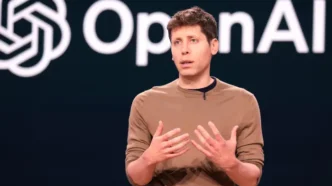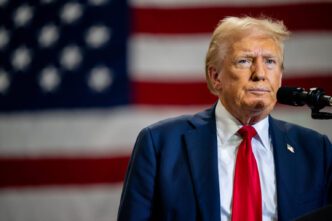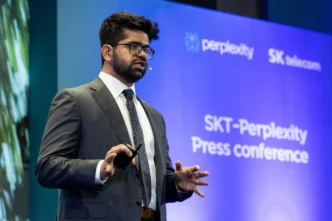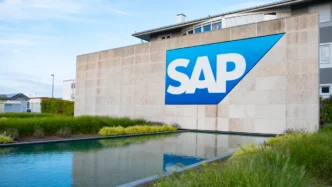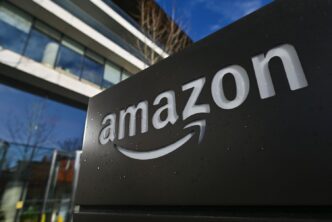OpenAI’s latest AI image-generation tool is taking over social media, with users flooding their feeds with Studio Ghibli-style AI-generated artwork. Within just a day of its launch, the internet has seen AI-crafted depictions of Elon Musk, The Lord of the Rings, and Donald Trump in the signature Ghibli aesthetic. Even OpenAI CEO Sam Altman has seemingly updated his profile picture to an AI-generated Ghibli-style image.
This surge follows the release of Google’s Gemini Flash model, which also made headlines in March for allowing users to remove watermarks from images. Both tools make it easier than ever to mimic copyrighted styles simply by entering a text prompt—raising fresh concerns about intellectual property rights.
The growing ability of AI to replicate copyrighted styles has become a focal point of ongoing lawsuits against AI companies. Evan Brown, an intellectual property lawyer, notes that while artistic style itself is not explicitly protected by copyright, AI models may be trained on copyrighted material without clear legal precedent.
“It’s possible OpenAI achieved this likeness by training on millions of frames from Ghibli films,” Brown explained. “But courts are still deciding whether AI training on copyrighted works qualifies as fair use.”
Currently, The New York Times and other publishers are suing OpenAI, alleging its models were trained on copyrighted materials without proper attribution or payment. Similar cases have been filed against Meta and Midjourney.
In response to concerns, an OpenAI spokesperson told TechCrunch that ChatGPT is designed to reject requests to mimic “the style of individual living artists” but allows replication of “broader studio styles.” However, this policy remains controversial, as living artists, such as Studio Ghibli’s co-founder Hayao Miyazaki, are directly associated with their studio’s aesthetic.
Beyond Studio Ghibli, users have also recreated images in styles resembling Dr. Seuss and Pixar. AI-generated portraits of Marc Andreessen in a Seussian style and wedding photos transformed into Pixar-style animations have added to the ethical debate.
A comparison of AI image generators from OpenAI, Google’s Gemini, xAI’s Grok, and Playground.ai revealed that OpenAI’s GPT-4o produces the most accurate Studio Ghibli-style artwork. This could explain the overwhelming popularity of OpenAI’s new image tool, which led to a temporary delay in rollout for free-tier users due to high demand.
For now, AI-generated art continues to push legal and ethical boundaries, with OpenAI and Google leading the charge. While these tools mark a major advancement in AI-generated creativity, their long-term legality remains in the hands of the courts.
